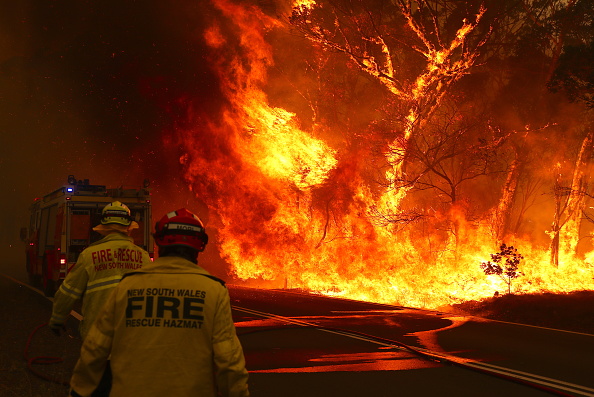Home insurance affordability is a key concern ahead of the next bushfire season, a Senate Finance Committee has heard.
The Committee held an inquiry into the Lessons to be learned in relation to the preparation and planning for, response to and recovery efforts following the 2019-20 Australian bushfire season on Friday 10 July.
Insurance Council of Australia chief executive officer, Rob Whelan, told the Committee around three-quarters of last season’s 10,000 residential building claims had been finalised at a cost of $2 billion, but reform on insurance affordability and taxation of insurance was needed ahead of next summer.
“Insurers price their premiums on the risks to an individual property, so higher-risk properties attract a higher premium. Of course, premiums attract GST,” he said.
“Unfortunately, all state and territory governments – with the exception of the ACT – add a stamp duty of between 9% to 11%, which means four of six households and businesses pay between 19.9% and 22% in tax on their insurances.
“That is a direct disincentive for property owners to be insured or have an adequate amount of cover.
“When they do not insure adequately, the burden falls on governments and charities to help when things go wrong in a natural disaster.”
Mr Whelan said the bushfires made up half of last season’s natural disaster claims and the industry had responded by bringing forward vulnerability and financial hardship provisions in its new code of practice. However, he said there needed to be more government-led mitigation and resilience programs to reduce the cost.
“Tens of thousands of communities in Australia are exposed to natural disasters such as bushfires.
“However, the industry has identified the need for improvements to land-use planning and building codes to ensure homes and businesses built in high-risk areas are more capable of withstanding the impact of extreme weather and bushfires.
“Where risk is reduced through these projects, insurers are willing to slash their premiums, and we have many examples where high-risk communities are paying less for insurance following government investments in mitigation.”
The ICA has made submissions to the Royal Commission into National Natural Disaster Arrangements asking the Federal Government to prioritise funding for cross-sector national research to examine the drivers of natural disasters and best-practice responses, as well as reduce the tax burden on insurance policies.
“These taxes are bad for all property owners, and the pain they cause is even more heightened in low-income communities, regional areas and properties with a high risk of bushfires, storms, floods and other natural disasters,” he said.
“We urge the Committee to consider the impact of taxation on the capacity of bushfire communities to properly insure and to recover after bushfires.”



